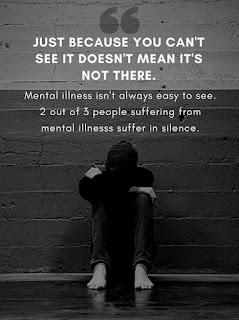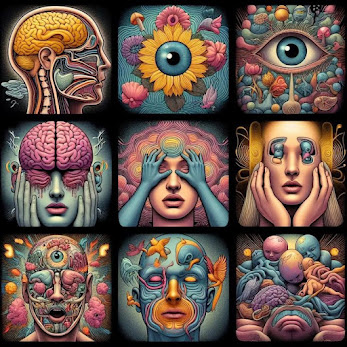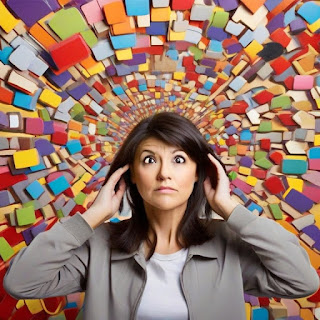Environmental Factors in Mental Illness: Stress, Trauma, and Social Determinants

Mental health disorders are a significant public health concern worldwide, affecting individuals of all ages and backgrounds. While genetic and biological factors play a crucial role in the development of mental illnesses, it is increasingly recognized that environmental factors also significantly impact mental health. Among these environmental factors, stress, trauma, and social determinants have been identified as key contributors to the onset and exacerbation of mental illness. In this article, we will explore the intricate relationship between these environmental factors and mental health, focusing on stress, trauma, and social determinants. Stress and Mental Health: Stress is a common experience in daily life and can result from various sources, such as work pressure, relationship problems, financial difficulties, or major life events. While stress in small doses can be motivating and adaptive, chronic or excessive stress can have detrimental effects on mental health. Prolonged ex...




.jpeg)